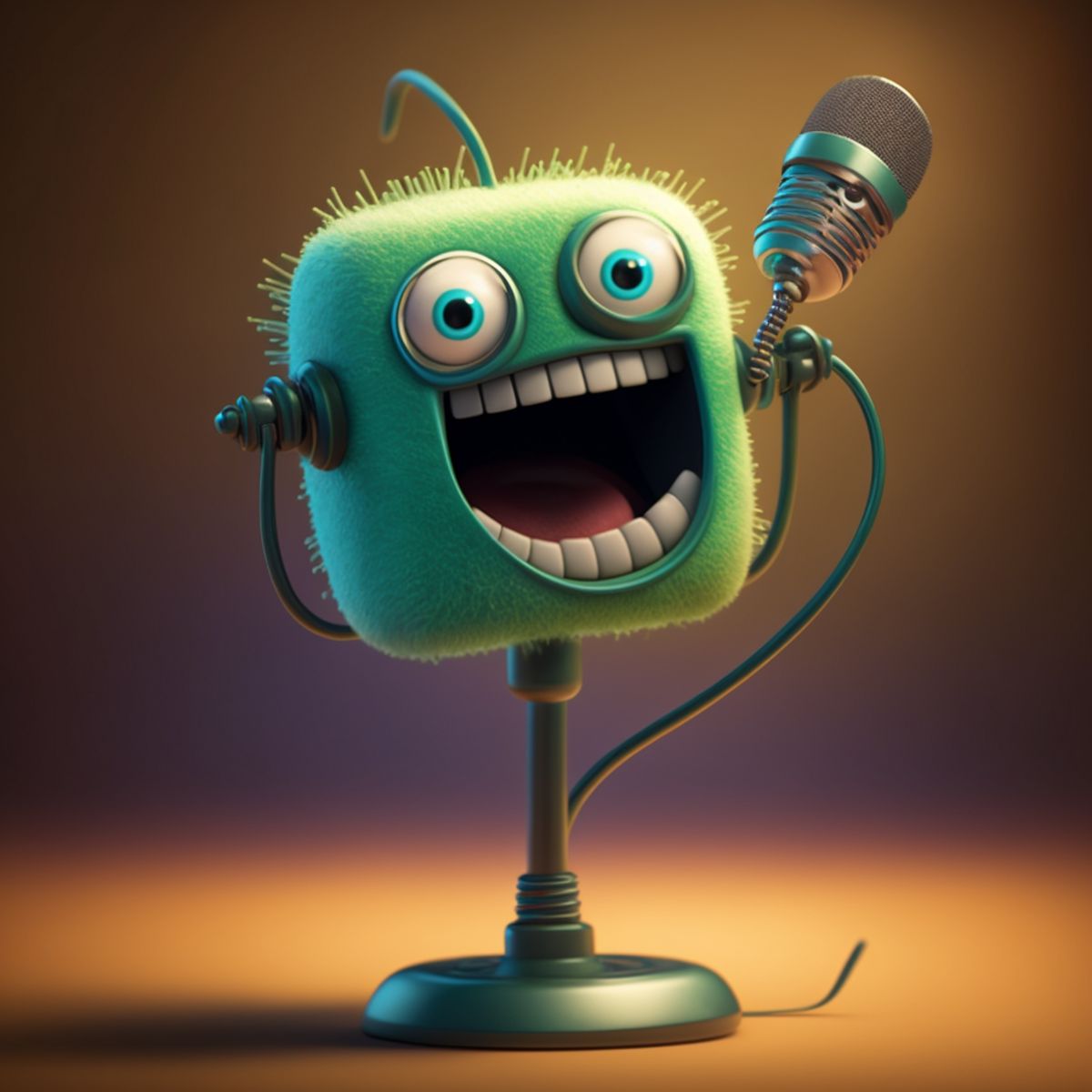Remember the first time you saw Neo dodge bullets in The Matrix? Or when Doc Brown explained the flux capacitor in Back to the Future? Those moments where the impossible suddenly felt plausible, where the boundaries of reality seemed to bend?
That's the kind of mind-bending shift that's happening in the world of AI right now. We're stepping into a new era – the Age of the Agent – and things are about to get a little… wibbly wobbly, to borrow a phrase from a certain time-traveling doctor.
The First Era of AI: A Glimpse of the Possible
Until recently, AI was mostly about input and output. You feed an AI model some data, it processes it, and spits out a result. Think of it like a vending machine: you press a button (input), and you get a snack (output).
Now, we could string together a bunch of these input-output actions to create some pretty impressive workflows. For example, imagine an automated AI system that:
Takes a blog post (input), generates social media captions (output).
Takes those captions (input), creates visually appealing social media graphics (output).
Takes those graphics and captions (input), schedules them for optimal engagement across different platforms (output).
Pretty slick, right? But it's still fundamentally a linear process, a pre-programmed chain of actions. If anything changes - the blog post topic, the target audience, the desired outcome – you need to manually adjust those instructions.
The problem with this approach is its rigidity. It's like following a recipe – you can bake a delicious cake, but you're limited by the ingredients and instructions. You can't improvise, you can't experiment, and you certainly can't create a whole new culinary masterpiece without rewriting the recipe from scratch.
Enter the AI Agent: A New Breed of Intelligence
Now, imagine an AI that doesn't just follow instructions – it thinks for itself. An AI that can analyze a situation, make decisions, learn from its experiences, and even adapt its own behavior to achieve a desired outcome.
This is the essence of an AI agent. It’s not just about processing information; it’s about intelligence that can act, interact, and even create in ways that were previously unimaginable.
Here's a simple analogy: think of an AI agent as a highly trained dog. You can give it a specific command (like “fetch”), but it can also use its intelligence to navigate obstacles, adapt to changing environments, and even learn new tricks on its own.
The Power of Agentic Networks: Where Things Get Really Interesting
The real magic starts happening when you connect multiple AI agents together, forming a network of intelligent entities that can collaborate, learn from each other, and solve complex problems that would stump even the most brilliant human minds. Imagine:
A network of AI agents that manages your entire business, from marketing and sales to customer service and product development.
A team of AI agents that creates personalized learning experiences for each student, adapting to their individual needs and learning styles.
An AI agent that composes original music based on your mood, then interacts with another agent that creates a stunning visual accompaniment, resulting in a completely unique and personalized artistic experience.
We've been playing the AI game with training wheels on up until now. Those impressive input-output workflows, those chatbots that seem so smart – they're just a taste of what's to come. We've been laying the foundation, teaching those AI models the basic rules of the game.
And with the emergence of these new, powerful models – like OpenAI’s o1-preview with its groundbreaking strawberry architecture – those AI agents are poised to step onto the field and play on a whole new level.
It's like they’re standing at the edge of a vast, uncharted territory, sensing the limitless possibilities that await them. Soon, they’ll start communicating with each other, collaborating to achieve goals we haven’t even dared to imagine.
And that’s where things will start to get… well, a little weird. Because when these agents start working together, learning from each other, and adapting their behavior based on their collective experience – the outcomes will become less predictable, less controllable, more… emergent.
We’re not just talking about automation anymore. We’re talking about a new kind of intelligence arising from the interaction of these agents. And that’s both exhilarating and terrifying, isn’t it?
What kind of world will they create? What problems will they solve? What new forms of art, music, technology, and even consciousness might emerge from this interconnected web of agentic intelligence?
It's a future full of possibilities, both breathtaking and unsettling. And it's a future we're just beginning to build, one agent, one interaction, one line of code at a time.

